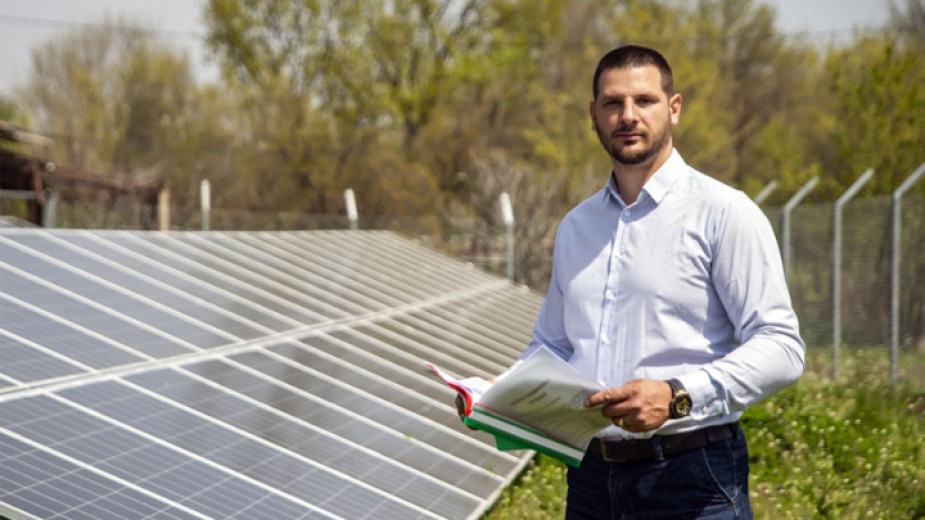The new higher prices of electricity that came into force at the beginning of this month have caused dissatisfaction among businesses. The simplest explanation behind the need for yet another rise is higher carbon prices, which are currently around and above 55 euros per ton.That is how electricity prices for the regulated market rose by an average of 4.4% and prices of heating rose by an average of 16.23%. The new prices and the 20% reduction in the purchase price of electricity from renewable energy sources has made a number of small and medium enterprises involved in building small photovoltaic power plants, united in the Bulgarian Solar Association, appeal against the decision taken by the Energy and Water Regulatory Commission. In an interview with BNR, its chairman, engineer VeselinTodorov, commented that preferential purchase prices of electricity from renewable sources was the only form of state aid that the sector received.

"At the backdrop of the great jump in the price of raw materials worldwide (iron, copper, glass, silicon, which are needed for the production of solar panels), a 20% reduction in the purchase price stops future investors who want to build small plants up to 30 kilowatts."
Reducing carbon emissions, breathing cleaner air, energy independence and predictability of the amount of energy produced and consumed are just some of the benefits of using renewable energy sources. However, this does not mean that these types of energy sources are easily accessible to those who want to use them:
"In Bulgaria, we still have purely administrative barriers that hamper people’s motivation for serious interest in green energy," Todorov says, comparing the requirements for photovoltaics in Germany to those in Bulgaria. "In Germany, each house or other building must have a certain percentage of photovoltaics on the roof to compensate for the electricity losses of the building. In Bulgaria, in order to place a solar panel on your roof, you must obtain permissionand pay excise duty tax for the energy produced.Obstacles are also caused by old laws, which have not been reformed. We need to allow the individual citizen to determine their own energy independence," Mr.Todorov adds.
Compiled by: Yoan Kolev
English: Alexander Markov
Photos: private library
It is extremely concerning that the largest company in Bulgaria, Lukoil Neftohim, which is part of the country's critical infrastructure, is still in the hands of a country that has declared Bulgaria a hostile state. This opinion was shared by energy..
“The divergence between the monetary and the fiscal policy pursued by the government continues to be the main reason why Bulgaria does not meet all criteria yet for entering the Eurozone,” Lyubomir Karimansky, member of the Governing Council of the..
Germany remains Bulgaria's strongest economic partner. Trade between the two countries for 2024 amounts to EUR 12 billion, said Tim Kurth, President of the German-Bulgarian Chamber of Industry and Commerce. At a ceremony held at the University of..
It is extremely concerning that the largest company in Bulgaria, Lukoil Neftohim, which is part of the country's critical infrastructure, is still in..
“The divergence between the monetary and the fiscal policy pursued by the government continues to be the main reason why Bulgaria does not meet all..

+359 2 9336 661
